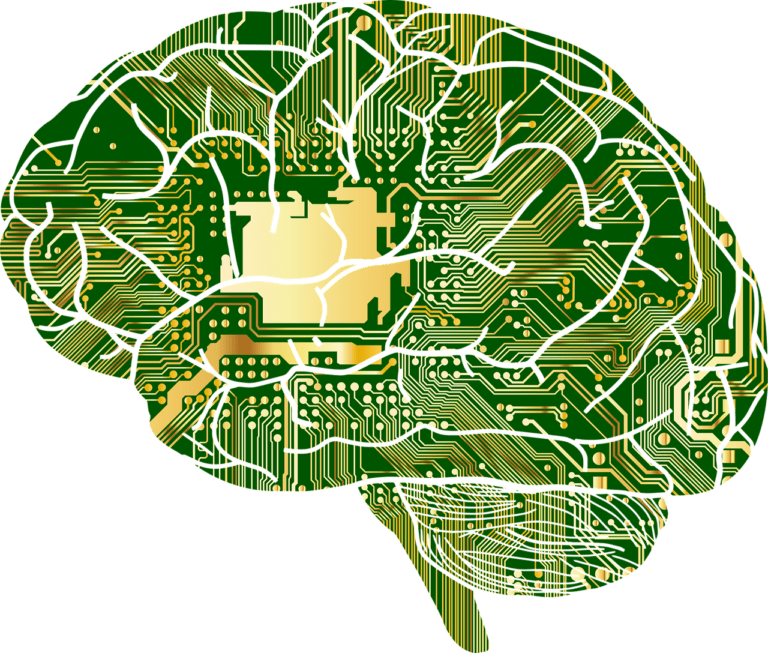Work-Life Balance Synonyms: The Language of Harmony
|
Getting your Trinity Audio player ready...
|
A Holistic Approach to Living: Discovering Synonyms for Work-Life Balance
In today’s fast-paced and demanding world, finding a harmonious balance between work and personal life is of utmost importance. The concept of work-life balance entails striving for a rewarding career while also maintaining a healthy and enjoyable personal life. However, the term “work-life balance” may feel limiting or inadequate to fully capture the intricacies of this intricate relationship. Hence, it is beneficial to explore alternative synonyms that can provide a more comprehensive understanding of the ideal state of equilibrium. Let’s delve into some synonyms for work-life balance that can offer fresh perspectives and insights.
- Work-Life Integration: Work-life integration emphasizes the seamless blending of work and personal life. It suggests finding ways to interweave them harmoniously, rather than perceiving them as separate entities. By incorporating personal passions and commitments into work and vice versa, individuals can achieve a sense of wholeness and engagement in both realms.
- Work-Life Harmony: Work-life harmony signifies the alignment and synergy between work and personal life. It emphasizes finding a natural rhythm and flow between the two domains, where they complement and support each other rather than compete for attention. Achieving work-life harmony involves identifying and capitalizing on the inherent connections and interdependencies, fostering equilibrium and fulfillment.
- Work-Life Blend: Similar to work-life integration, work-life blending suggests merging work and personal life in a way that eliminates stark boundaries and facilitates a seamless flow between the two. It encourages individuals to integrate their personal values, interests, and aspirations into their work while also infusing elements of work into personal life, fostering purpose and authenticity.
- Life-Work Balance: The term life-work balance shifts the focus from work as the central component to life itself. It acknowledges that work is just one aspect of a rich and multifaceted life, emphasizing the importance of nurturing other domains such as family, relationships, personal growth, and leisure activities. By placing life at the forefront, individuals can prioritize overall well-being and find fulfillment in a broader spectrum of experiences.
- Work-Life Equilibrium: Work-life equilibrium refers to a state of balance achieved by allocating time, energy, and resources to both work and personal life. It highlights the need to allocate resources mindfully and avoid excessive dedication to one domain at the expense of the other. This synonym suggests that equilibrium can vary from person to person and may require periodic adjustments to maintain stability and satisfaction.
- Flexible Living: Flexible living emphasizes the importance of having the freedom and autonomy to make choices that align with individual needs and priorities. It recognizes that a rigid, one-size-fits-all approach to work and personal life may not be sustainable or conducive to well-being. Flexible living involves adopting flexible work arrangements, such as telecommuting, flexible hours, and job sharing, to accommodate personal responsibilities and aspirations.
- Life Balance: Life balance emphasizes finding equilibrium across all aspects of life, including work, personal relationships, health, leisure, and personal development. It encompasses a holistic approach to living, where individuals strive to allocate time and energy to each area in a manner that promotes overall satisfaction and well-being.
- Harmonious Living: Harmonious living encapsulates the idea of living in harmony with oneself, one’s work, and personal life. It emphasizes the pursuit of a balanced and fulfilling lifestyle by aligning one’s actions, values, and goals. Through conscious decision-making and mindful choices, individuals can cultivate a sense of peace and alignment in all aspects of their lives.
- Work-Life Wellbeing: Work-life wellbeing expands the notion of balance to encompass physical, mental, and emotional well-being. It recognizes that maintaining a healthy and fulfilling life requires attention to self-care, stress management, and personal growth. Work-life wellbeing emphasizes the need to prioritize activities and practices that promote overall health and happiness in both work and personal life domains.
- Life Synergy: Life synergy signifies the dynamic interplay between work and personal life that creates a harmonious and fulfilling existence. It suggests that when both domains support and reinforce each other, individuals can experience a synergistic effect that enhances their overall quality of life. Life synergy involves intentionally aligning work and personal life in a way that creates positive momentum and a sense of purpose.
In conclusion, work-life balance is a multifaceted concept that encompasses the pursuit of equilibrium between work and personal life. While the term “work-life balance” is widely used, exploring alternative synonyms can offer fresh perspectives and insights into achieving a harmonious and fulfilling lifestyle. Whether it is work-life integration, work-life harmony, or flexible living, the ultimate goal remains the same: to lead a life that encompasses meaningful work, personal fulfillment, and overall well-being. By understanding the various nuances of these synonyms, individuals can gain a more comprehensive understanding of work-life balance and make informed choices to create a fulfilling and balanced lifestyle.








